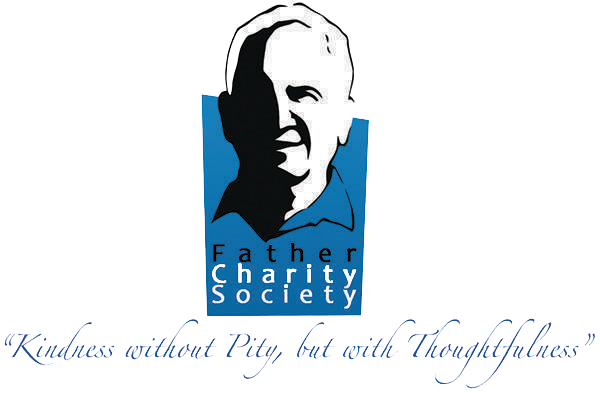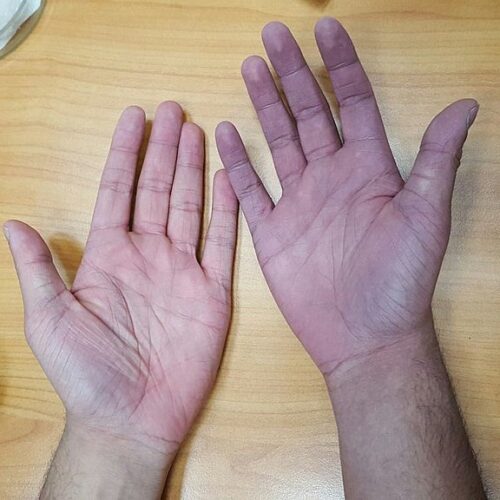 Skincare’s routine
Skincare’s routineHealthy Skin
- March 13, 2025
- 12:19 am
Dr. Pooya Khanmohammad Beigi, MD, is a Dermatologist and Dermatology Surgeon. With a passion for improving healthcare and advocating for patient well-being, Dr. Pooya has made significant contributions as a medical professional, researcher, and medical textbook author.
In addition to his clinical practice, Dr. Beigi is the Founder and President of two prominent organizations based in Beverly Hills, California, USA – the Misdiagnosis Association and Research Institute (MARI) and the Mismedicine Organization and Research Institute. Established in 2012, MARI stands as the first comprehensive academic research organization focused explicitly on misdiagnosis, malpractice, errors in treatment, and overall healthcare discrepancies. Driven by a commitment to advancing medical knowledge, MARI collaborates with healthcare organizations, universities, clinics, professors, and physicians globally to collect and prepare comprehensive databases of misdiagnosis cases, conducting impactful medical research studies.



Dr. Pooya philanthropic endeavors extend to his role as the Founder and CEO of the Father Medical Charity in Vancouver, BC, Canada. Established in 2011, this charitable organization aims to aid patients in need, particularly those in underdeveloped countries. The charity collaborates with healthcare professionals in these regions to identify patients requiring assistance, facilitate communication with respective healthcare professionals, and ensure access to diagnosis and necessary medications for their treatment.
Since 2010, Dr. Pooya has served as a Clinical Research Fellow at the University of British Columbia in Vancouver, BC, Canada. This role reflects his ongoing commitment to advancing medical knowledge through dedicated research.
As the President and Owner of Medical Clinics, e.g., MARI ONLINE Clinic in the USA and NWM Clinic in Canada, Dr. Beigi has actively contributed to providing high-quality healthcare services.
Dr. Pooya is also a prolific author with several notable contributions to the medical research field. His publications include “Acrodermatitis Enteropathica: A Clinician’s Guide” (2015), “A Clinician’s Guide to Mycosis Fungoides” (2016), “A Clinician’s Guide to Pemphigus Vulgaris” (2016), “A Clinician’s Guide to Alopecia Areata” (2017), and “A Clinician’s Guide to Psoriasis” (2019). These publications reflect Dr. Beigi’s dedication to sharing his expertise and contributing to the broader medical community.
Dr. Pooya Beigi’s multifaceted contributions to dermatology, research, and philanthropy underscore his commitment to advancing healthcare globally. His work continues to impact patients, healthcare professionals, and the broader medical community, making him a respected figure in the field.
Thank you so much for allowing me to shadow you today in your dermatology minor ops clinic [surgeries]. I found it really useful ... Also.
Dear Dr Pooya,I am writing [...] to give a feedback on how well you taught us and I have thoroughly enjoyed and clarified my concepts.
Thank you so much for your time in the clinic. It was such a relief to finally be speaking to someone that understood what I.
Dr. Pooya, you have been a saviour as I was getting extremely stressed out wondering why all these medications were not effective. Many thanks again.
I thank you [Dr. Beigi] once more for your sympathy to my cause. I may not be able to repay your kindness directly but I.
I must say that Dr Beigi is one of the most caring and conscientious doctors I have been lucky enough to be treated by and.
He [Dr. Beigi] has helped me remain focused on my goal of becoming a dentist and encouraged me to never give up. On days where.
It was a wonderful presentation with new insights and I would like you to arrange more sessions in the future..
Thank you for your lecture. I learnt a lot from you today..
Also, He founded Father Medical Charity with the goal of helping patients in need, especially those in underdeveloped countries. This Charity collaborates with many physicians and nurses employed in underdeveloped countries, who identify patients in need and then refer them to this medical charity to facilitate further communication with the respective healthcare professionals for patients to undergo diagnosis and obtain the necessary medications for their treatment. or facilitate treatments for them.

 Skincare’s routine
Skincare’s routine Healthcare
Healthcare